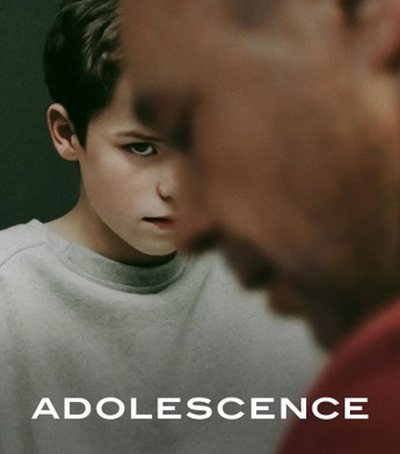
Inventing Anna, has become one of the most watched series on Netflix, as well as The Tinder Swindler, series that retell the true stories of convicted fraudsters who followed the victims through genuine deception and posing as members of the wealthy.
Inventing Anna is a fictional version of Anna Sorokin / Delvey's case, which deceived rich people and famous figures in New York, convincing her that she was a German heiress. While Tinder Swindler tells the true story of Simon Leviev (Shimon Hayut), who earned $ 10 million by cheating on women on Tinder, who were told he was the son of an Israeli diamond trader.
The high ratings and fame of these series raise the question: why do cheaters fascinate us?
When we look at someone with keen deception skills, we have a sense of surprise at their courage. The methods they use to deceive attract the viewer's attention and psychological weaknesses.
When we meet people who present themselves as super rich or super attractive, we tend to give them a range of positive characteristics.
Fraudsters take advantage of the fact that seeing only one visible "good" quality in a person is enough for an overall favorable impression.
We call this effect 'halo', it is a bias first described by the American psychologist Edward Thorndike in 1920. The 'halo' effect explains that when we attribute a positive attribute to someone, we inadvertently add other positive traits to the impression. our general for them. So if someone is rich, we tend to believe that he can also be honest, hardworking and fair.
Fame means power
Fraudsters often carefully treat an illusion of being famous and well-known - something Anna Delvey did giftedly. We are also programmed to respond to the social status of others.
Unfortunately, there is an ultimate prejudice that makes us lower our vigilance: overconfidence. We like to think we are not so 'gullible'. The average person thinks he is above average when it comes to resisting beliefs and decisions.
However, evidence suggests that most people are at risk of falling in love with others - regardless of intelligence and education.
Our interest in “rogue artists” demonstrates our ability to learn from the experiences of others.





